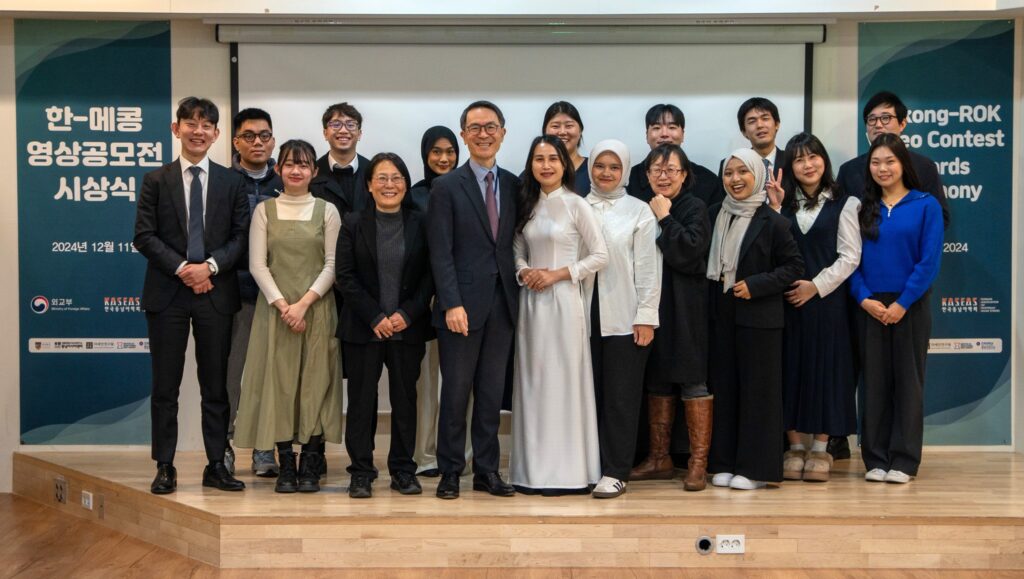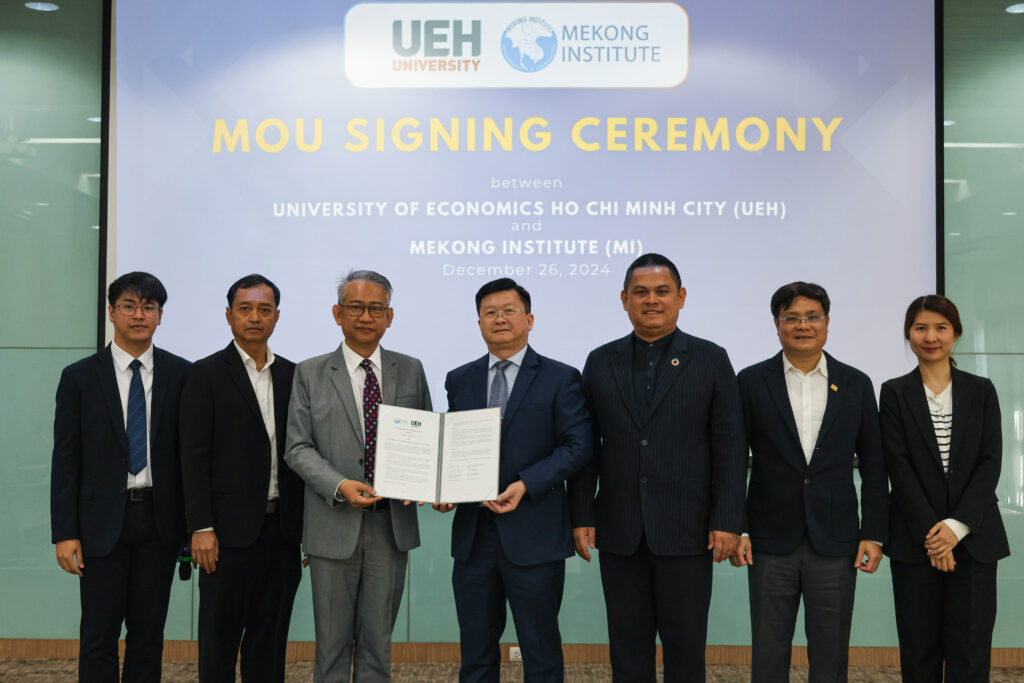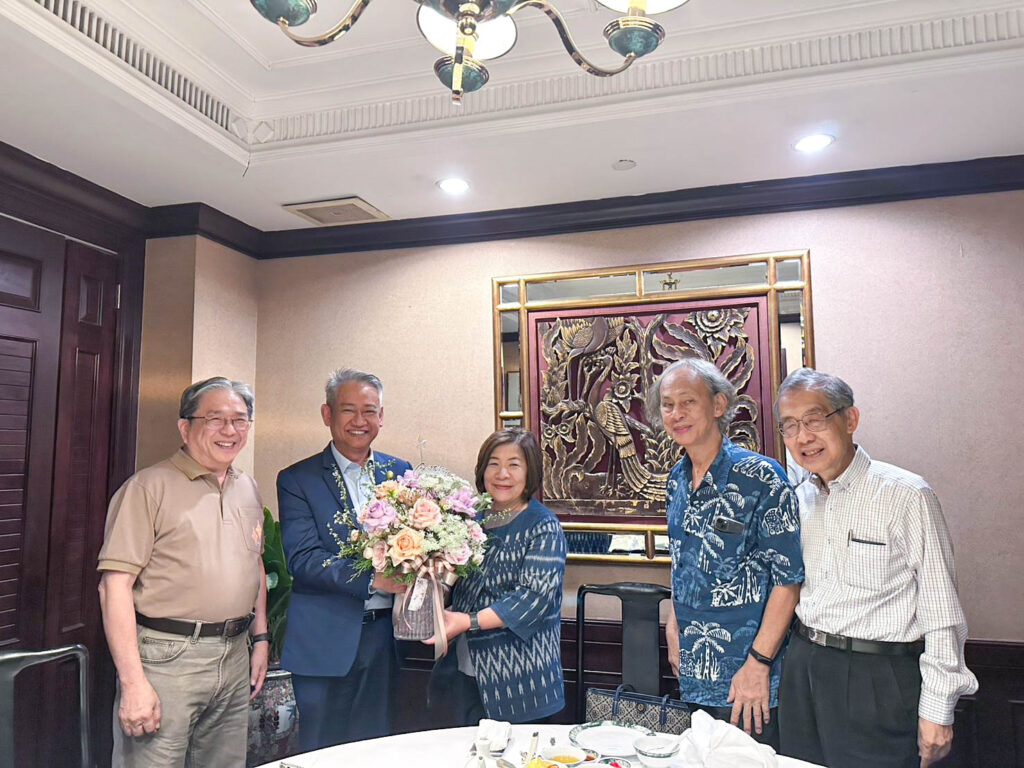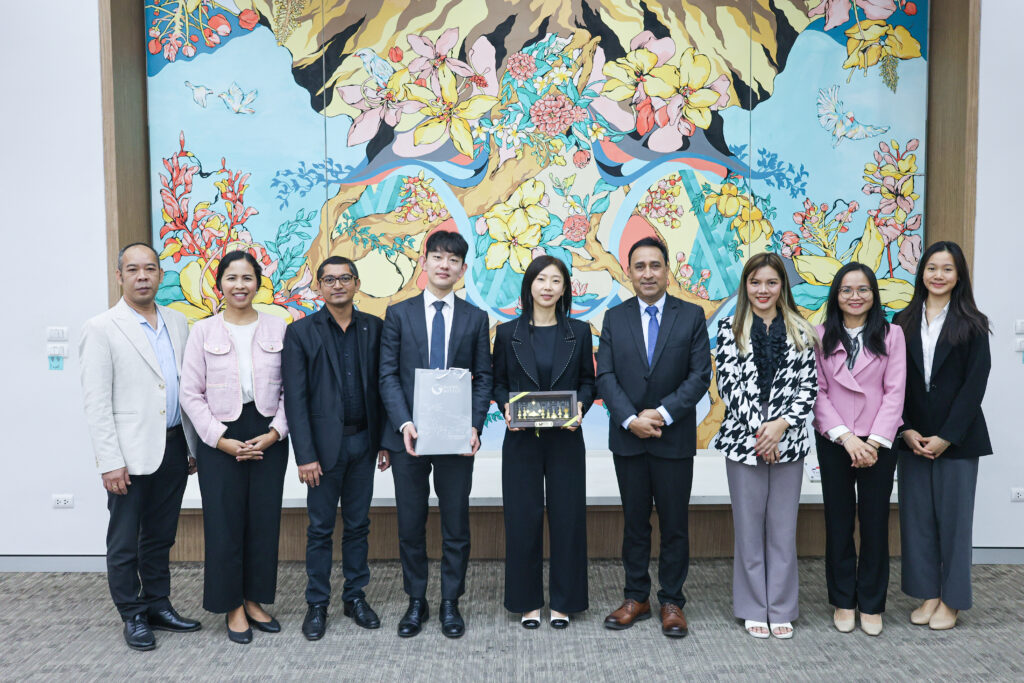Capacity Development for Regional Cooperation and Integration
ABOUT MI
HOME / ABOUT MI
ABOUT MI
Mekong Institute (MI) was established on August 28, 1996, by the New Zealand Ministry of Foreign Affairs and Trade and the Thai Department of Technical and Economic Cooperation to promote economic development and cooperation in the Greater Mekong Subregion (GMS).
Since 2009, under a Royal Decree signed by the King of Thailand, MI has grown into a recognized intergovernmental organization (IGO) represented by all six GMS countries, namely Cambodia, China, Lao PDR, Myanmar, Thailand, and Viet Nam


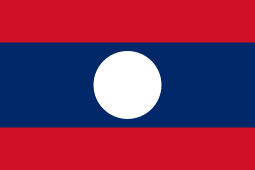


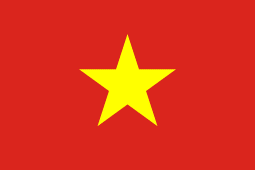
Throughout the years, MI has played a transformational role in capacity development in the region, focusing on human resource and learning programs to enhance regional development, cooperation, and integration. The institute provides training, conducts research, offers advice, and facilitates policy dialogues on topics that matter to the GMS.
As one of the longest-running IGO owned by the GMS governments, MI is committed to building a better GMS by connecting member countries and advancing development on all fronts. In recent years, MI has expanded its services and assumed new roles to support various sub-regional cooperation frameworks and mechanisms. Its most recent regional mandates include serving as the regional coordinator of the GMS Knowledge Network and providing back-office support for the Ayeyawady-Chao Phraya-Mekong Economic Cooperation Strategy (ACMECS).
MI strives for a prosperous GMS where societies are more inclusive, and economic development is shared among the countries.
VISION
Mission
Contribute to regional cooperation and integration through capacity development, dialogue, and advocacy for the acceleration of sustainable socioeconomic development and poverty alleviation in the GMS
Main Strategic Goals
MI’s activities are designed to align with its strategic goals in the areas of agricultural development and commercialization, trade and investment facilitation, and sustainable energy and environment. These strategic goals include:
- Increasing agricultural commercial production and strengthening sustainable food systems
- Increasing access to international markets and cross-border trade
- Increasing adoption of power grid connectivity, renewable energy, energy efficiency, and climate-smart technologies in agriculture and trade initiatives
While advancing these three regional development themes, MI also addresses issues of social inclusion and vulnerability, the digital economy and innovation, and labor mobility to ensure holistic and sustainable impacts in the subregion and beyond.
Implementing Strategies
As outlined in the MI Strategic Plan 2021-2025, MI’s implementation strategies include:
- Implementing projects through partnerships
- Providing advisory services to GMS governments, development partners, the private sector, and civil society
- Conducting research for policy advocacy on transboundary development areas
For more information, refer to the MI Strategic Plan 2021-2025 and the MI Strategic Plan Infographic.

